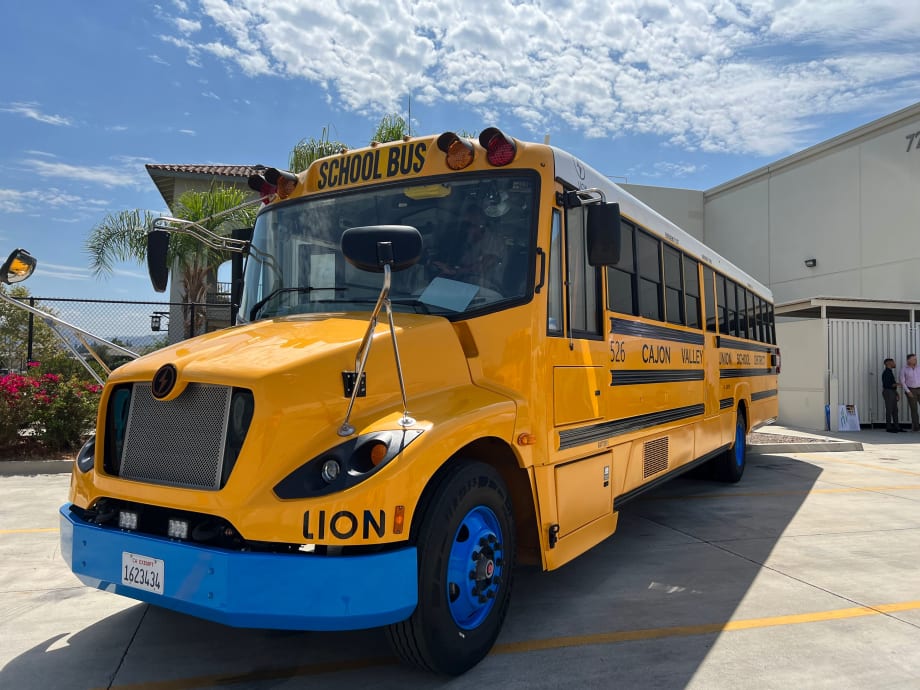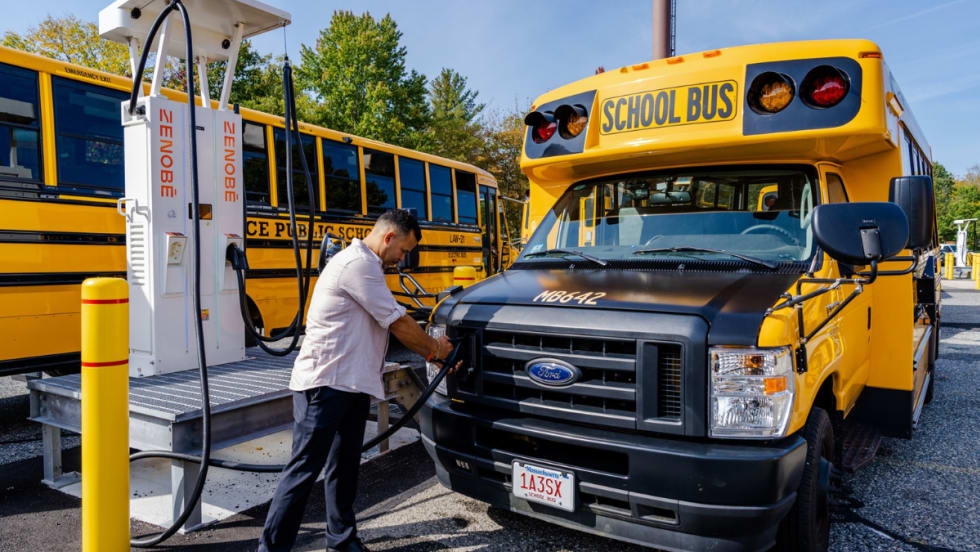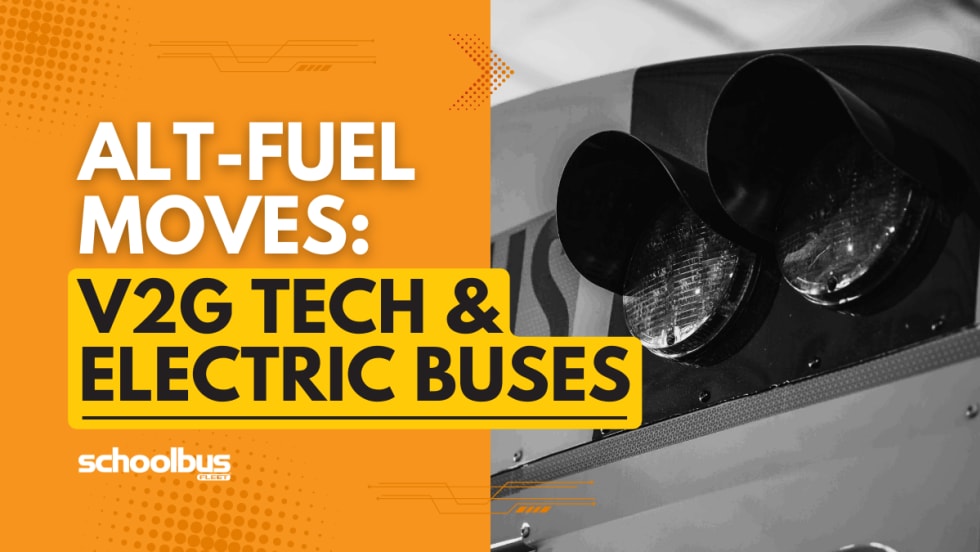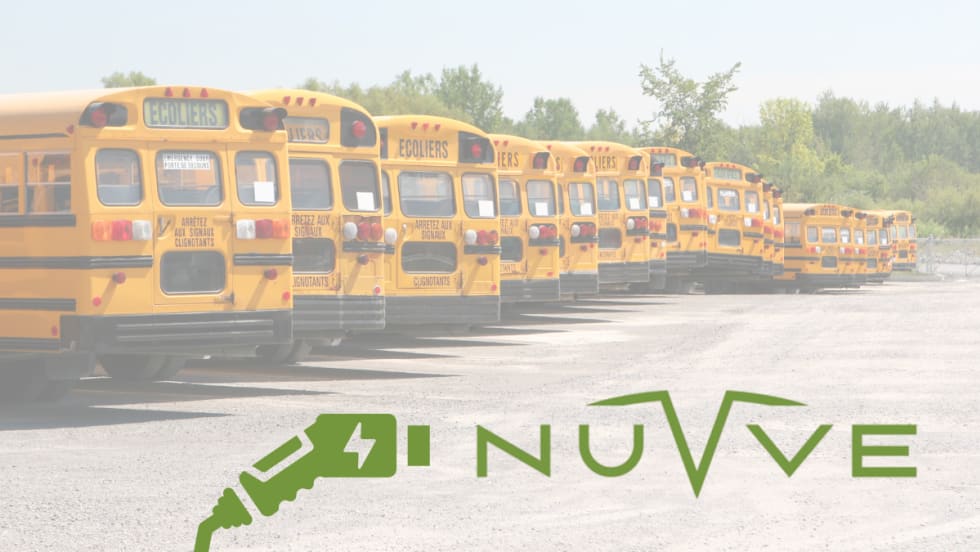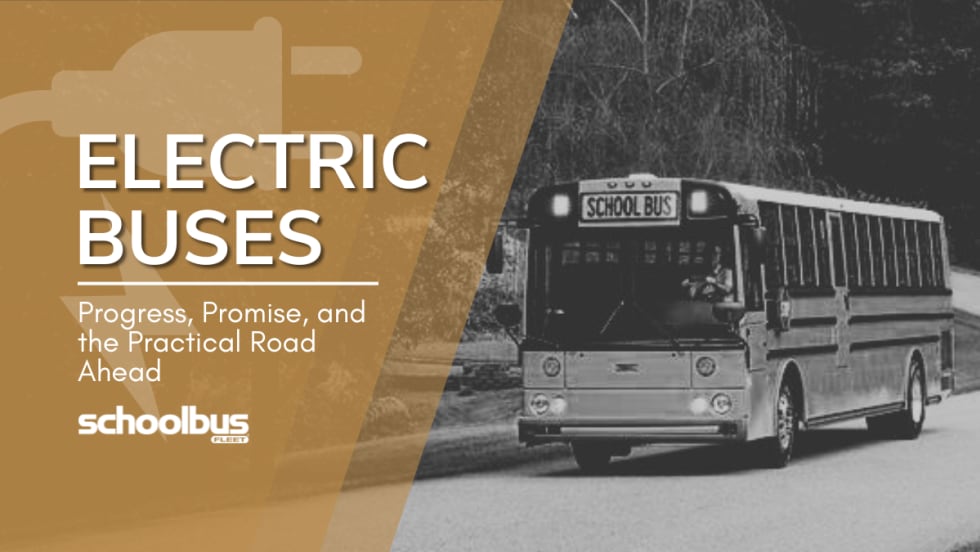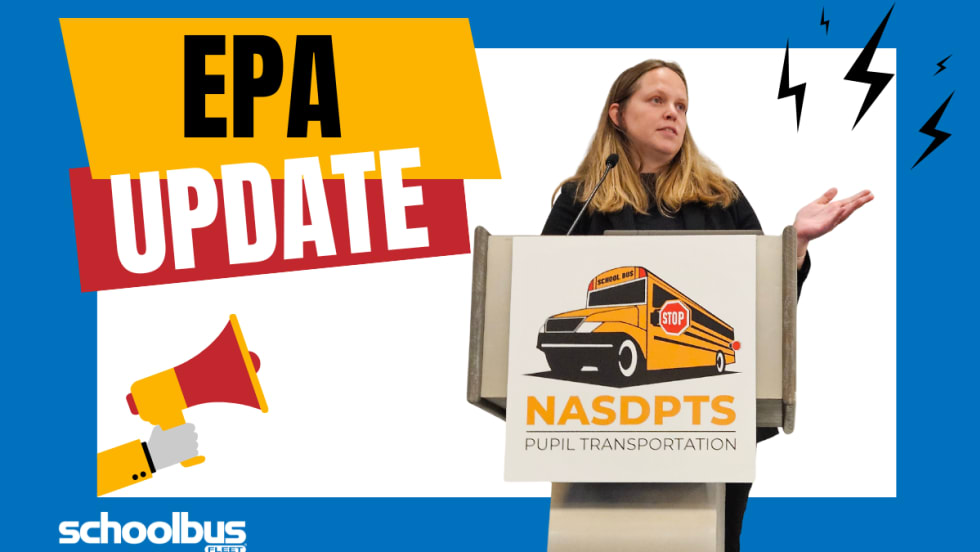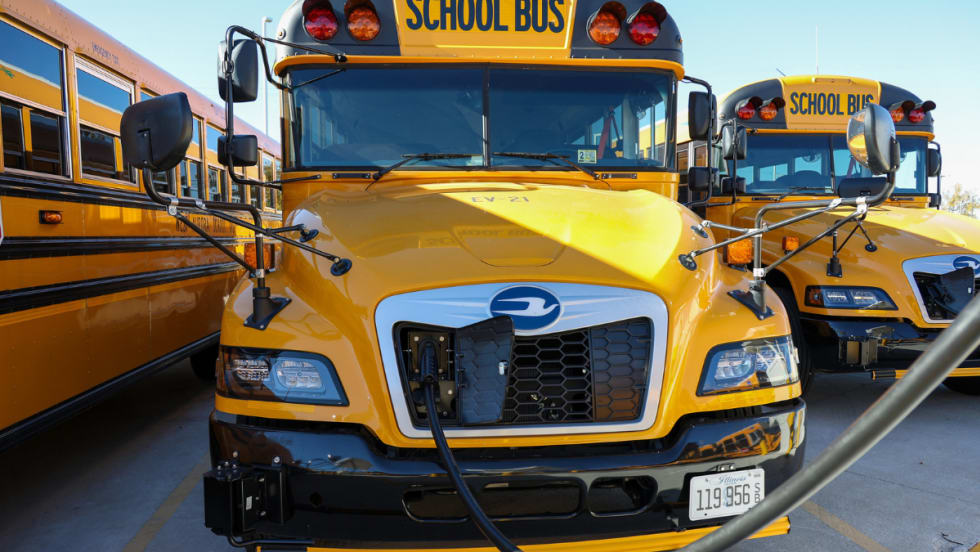Working with San Diego Gas & Electric and technology company Nuvve, California’s Cajon Valley Union School District successfully deployed a vehicle-to-grid project that allows eight electric school buses to send power back to the grid when needed on hot summer days.
According to a news release, it’s the first V2G project to become operational in Southern California, with the intent of advancing clean air and climate goals while bolstering grid reliability.
It comes after the U.S. Department of Energy’s vehicle-to-everything (V2X) initiative, which was announced this spring. SDG&E is a signatory on the V2G memorandum of understanding (MOU). The agreement is designed to merge resources from DOE National Labs, state and local governments, utilities, and private entities to unlock the potential of bi-directional charging to increase energy security, community resilience, and economic growth.
As part of the five-year pilot project, SDG&E installed six 60kW bi-directional DC fast chargers at Cajon Valley’s bus yard in El Cajon. The pilot was celebrated at an event on July 26 with project partners and San Diego County District Two Supervisor Joel Anderson.
“This pilot project is a great example of our region being at the forefront of testing and adopting innovative technologies to reduce greenhouse gas emissions and strengthen the electric grid,” said SDG&E Vice President of Energy Innovation Miguel Romero. “Electric fleets represent a vast untapped energy storage resource and hold immense potential to benefit our customers and community not just environmentally, but also financially and economically.”
On average, cars are parked 95% of the time. California is home to 1.1 million EVs, the largest concentration of EVs in the nation. Starting in 2035, all new cars and passenger trucks sold in California must be zero-emission vehicles. Many local agencies and companies are working to transition to electric fleets under SDG&E’s Power Your Drive for Fleets program, which provides infrastructure support. In addition to Cajon Valley, SDG&E is working with San Diego Unified and Ramona Unified School Districts on V2G projects.
“Pilots like these are critical to advancing industry knowledge and commercialization of new technologies that help create jobs and build a clean energy future,” said Rima Oueid of the Office of Technology Transitions Commercialization. “I am thrilled to see this project go live less than three months after the DOE launched our V2X initiative, validating the value of public-private partnership.”
With the bi-directional chargers now in operation, Cajon Valley can participate in SDG&E’s new Emergency Load Reduction Program (ELRP), which pays business customers $2/kWh if they can export energy to the grid or reduce energy use during grid emergencies.
“We jumped at the opportunity to be part of this pilot project because of its potential to help us build a healthier community and better serve our students,” said Assistant Superintendent Scott Buxbaum. “If we are able to reduce our energy and vehicle maintenance costs as a result of this project, it frees up more resources for our schools and students.”
V2G technology works by allowing batteries onboard vehicles to charge up during the day when energy, particularly renewable energy such as solar is abundant. The batteries then discharge clean electricity back to the grid during peak hours or other periods of high demand.
“School buses are an excellent use case for V2G,” said Gregory Poliasne, Nuvve co-founder, chair, and CEO. “They hold larger batteries than standard vehicles and can spend peak solar hours parked and plugged into bi-directional chargers. Nuvve’s technology enables the grid to draw energy from a bus when it is needed most, yet still ensuring the bus has enough stored power to operate when needed.”




